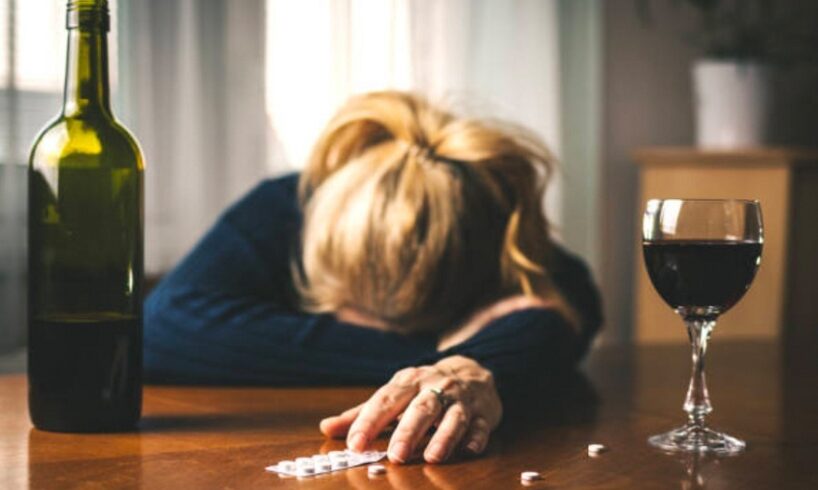
An overdose occurs when a person consumes a toxic amount of a substance (or multiple toxic amounts of substances), and the effects of this overload disrupt the normal functioning of their brain and body.
It’s not always easy to tell the difference between the milder negative effects of a drug and the signs and symptoms of a potentially fatal overdose, as the signs and symptoms of an overdose can be quite diverse.
There are many potential causes of overdose, and alcohol is just one of them
- Heroin, fentanyl, and prescription painkillers are all examples of opiates.
- Stimulants, which include a wide variety of drugs like meth, cocaine, and many others.
Overdose Symptoms and Signs
The symptoms of an overdose can vary widely and are often specific to the substance or substances that caused the overdose. In the case of some substances, such as opioids, the signs and symptoms of an overdose may be distinguishable from, or otherwise reflect, a dangerous progression of the drug’s short-term effects. In such a case, the person may have taken too much of the substance in question, and may show specific warning signs that may indicate an overdose rather than just being high or intoxicated, such as becoming unresponsive to stimulation or having significantly slowed or stopped breathing.
Overdose: What to Do If Someone Is Unresponsive
If you or someone you know is experiencing an overdose, there are a number of things you can do to help, including the following:
Call 911 immediately. Tell the operator that someone is experiencing an overdose, and give details about the substance(s) they may have taken if you know them. They will tell you what to do if the person is unresponsive and/or not breathing.
If you suspect someone has overdone on opioids, administering Narcan (also known as naloxone) can help bring them back from the brink of death. There will be no effect if the person does not already have opioids in their system. If the person suspected of experiencing an overdose does not answer to the first dose of naloxone inside two to three minutes, a second dose must be given.
While waiting for help to arrive, stay close to the victim
Unlike naloxone, the clinical decision to use flumazenil will require more careful consideration due to the risks associated with using the medication, but it can reverse the effects of a benzodiazepine overdose.
